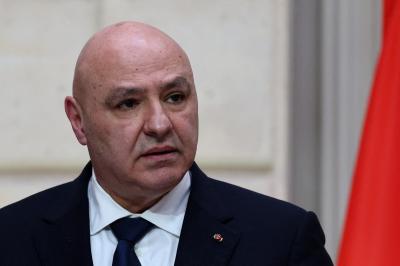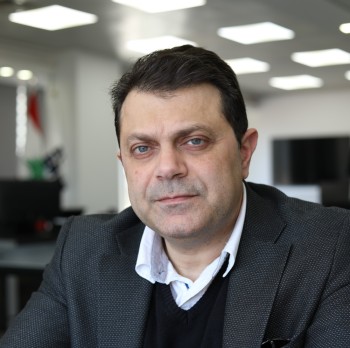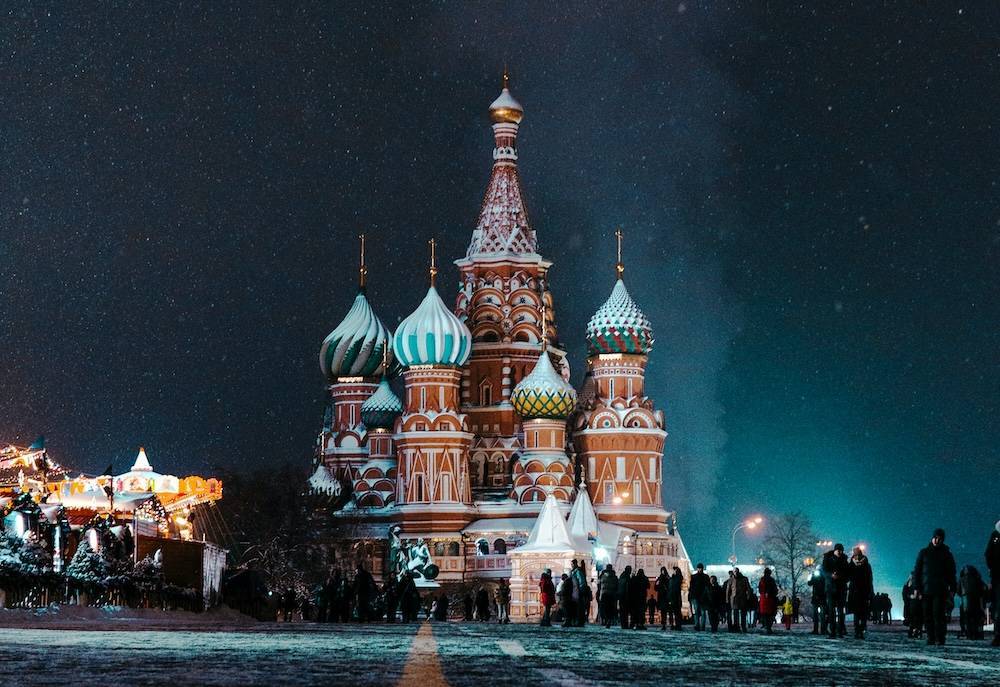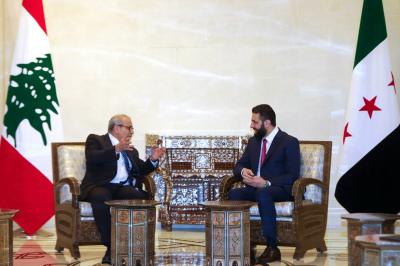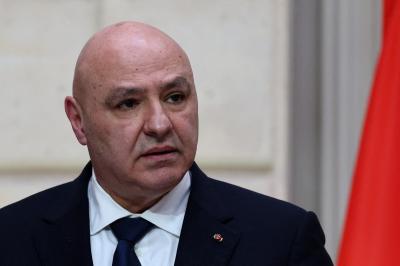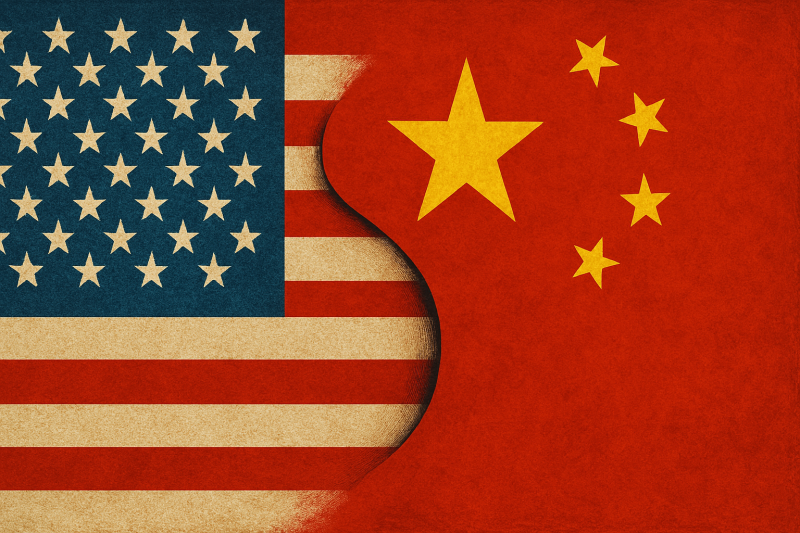In 2014, the United States supported a power shift in Ukraine with the declared intention of making it a platform for intervention against Russia, thereby sowing the seeds of discord. However, with Russian advances on Ukrainian territory, the tide seems to be turning, heralding a possible strategic shift by Moscow towards Eastern Europe and the Balkans. Leveraging its historical ties with Serbia and the presence of Russian communities scattered across several Eastern European nations, Russia could maneuver these assets to neutralize the concerned countries in their tug-of-war with the West, largely led by the United States.
Serbs Gear Up for Action
At a distinguished reception in Moscow on the sidelines of the Forum on Multipolarity, voices were raised proclaiming 'Long live Hezbollah', thus showing unexpected solidarity. The marked speech of the Serbian delegation, affirming an alliance against the West and Zionism, was closely followed by the impactful intervention of Russian geopolitician Alexander Dugin. He described the events in Palestine as a true war of extermination led by the West, thus framing the Palestinian conflict within a broader scheme of confrontation between the United States, the standard-bearer of the West, and Eurasian forces.
Members of the Serbian delegation expressed a critical view of the events in the former Yugoslavia, seeing them not as exercises in self-determination but rather as maneuvers for the political redefinition of the Balkans, orchestrated by the West to consolidate its regional dominance before tackling Russia. According to them, the conflicts in the region between 1991 and 1995, as well as in Kosovo after 1999, were precursors to the troubles in the Arab Middle East post-2003, following the American invasion of Iraq. Their analysis highlights a worrisome perception of the situation in Kosovo, underlining that Serbia will not yield to Western pressure, and is inspired by Russian successes in Ukraine to contemplate reclaiming what it considers to have lost over the last decades.
The historical region of Kosovo has long been the cradle of Serbian nationalism, having been the starting point for the formation of an independent kingdom until the 14th century, before being occupied by the Ottoman Empire. In the 19th century, a significant Albanian migration began to flow into the region from Albania. Throughout the 20th century, the Albanian population of Kosovo increased while that of the Serbs decreased, thus fueling tensions between the two communities. The 1990s were marked by an intensification of conflicts, encouraged by the support of the United States and Western powers for the independence of Kosovo Albanians, in the context of Washington's desire to establish a major military base in the region to counter Russian influence in the Balkans. In 1999, NATO conducted an air campaign against Serbia, forcing the country to de facto recognize the independence of Kosovo. On February 17, 2008, the authorities of Kosovo unilaterally proclaimed their independence from Serbia, and since then, they have been recognized as a sovereign state by 104 United Nations member countries. Although Serbia does not officially recognize this independence and continues to consider Kosovo as an autonomous province, it accepts the authority of Kosovar institutions within the framework of a normalization agreement concluded in 2013 under the auspices of the European Union.
Russia Reasserts Its Presence in Eastern Europe
Russia is strengthening its presence in Eastern Europe after resisting the Western attack led by the United States in Ukraine. It seeks to consolidate its gains in Ukraine, particularly in Avdiivka, by extending its control over Russian-speaking territories once attributed to Ukraine by the Communists. Russia also plans to shift the conflict to Eastern Europe to destabilize the European Union and regain its influence in this region, considered crucial for the defense of its territory. This move comes after NATO's threat to cut the land route through Belarus, Poland, and ending at the Russian enclave of Kaliningrad, located on the Baltic Sea. Many Russian minorities living in Estonia, Latvia, and Lithuania look to Moscow for protection.
At the same time, Russia is intensifying its efforts in the Transnistria region of eastern Moldova, where inhabitants are calling for independence and asking Moscow to intervene to protect them from the oppression of the central Moldovan government supported by the West. Moscow has responded by stating that its priority is to protect the inhabitants of Transnistria, whom it considers its compatriots. Although the region has declared its independence from Moldova, it has not been internationally recognized. However, Moscow maintains special relations with Transnistria in political, military, cultural, and economic fields, despite accusations from Moldova that Russia is occupying the region, supported by the European Union and the United States.
Transnistria is a narrow strip of land to the east of Moldova, along the left bank of the Dniester River, where an armed conflict broke out in the late 1980s due to the adoption by the Supreme Soviet of the Moldavian Soviet Socialist Republic of language laws making Moldovan the only official language of the country. Since then, tensions have persisted between Moldova and Transnistria, exacerbated in 2022 by the war in Ukraine.
 French
French



